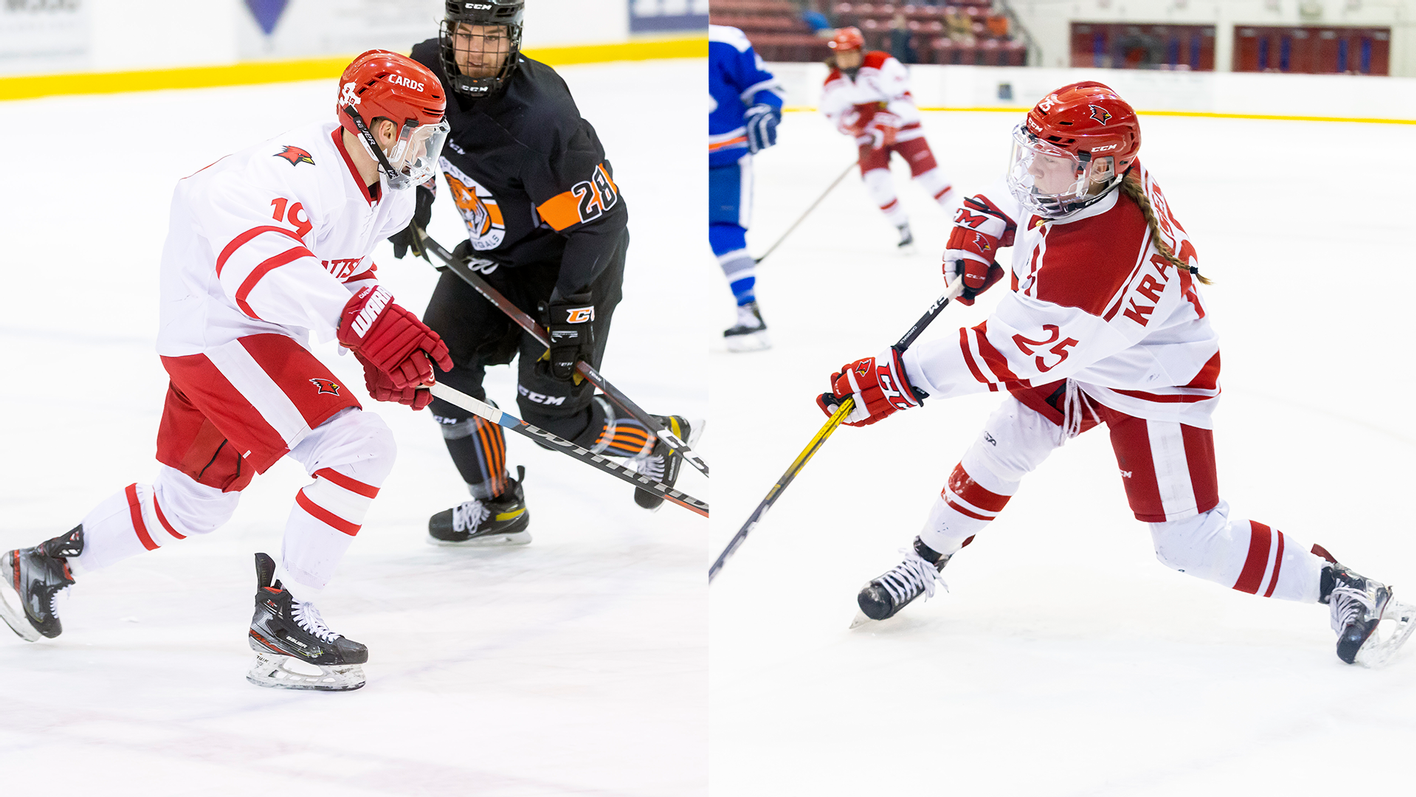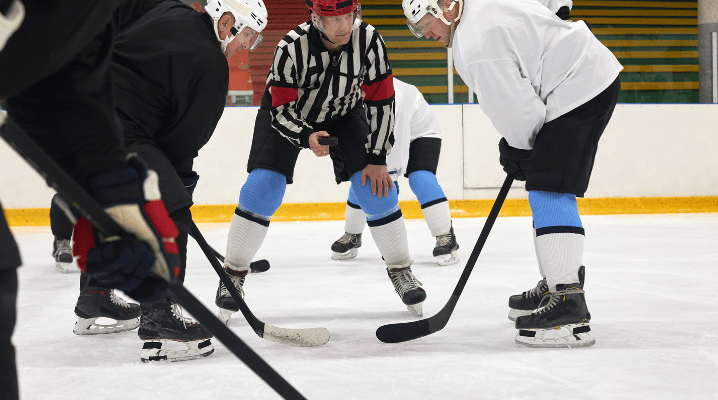Hockey is a fast-paced and exciting sport that has gained popularity all over the world. But for those who are new to the sport, one question that often comes to mind is: how long are hockey games?
The duration of a hockey game can vary depending on the level of play and the league. In this article, we will break down the average length of hockey games in different leagues and explain the factors that can affect the duration of a game.
How Long Are NHL Games?
The National Hockey League (NHL) is the premier professional ice hockey league in North America. It is known for its fast-paced and physical style of play, which makes for an exciting viewing experience.
Regular Season Games

In the NHL, regular season games are played for a total of 60 minutes, divided into three periods of 20 minutes each. There are also two intermissions, one after the first period and one after the second period, which are typically 17 minutes long.
This means that the total duration of an NHL game is approximately 2 hours and 30 minutes. However, the actual duration of a game can vary depending on factors such as stoppages, penalties, and overtime.
Overtime and Shootouts
If the game is tied at the end of the third period, the teams will play a sudden-death overtime period of 5 minutes. If the game is still tied after the overtime period, a shootout will take place to determine the winner.
Overtime and shootouts can add an additional 10-15 minutes to the duration of an NHL game. However, if the game is tied after the overtime period, the shootout can go on indefinitely until a winner is determined.
Playoffs
In the NHL playoffs, the duration of games remains the same as the regular season, with three 20-minute periods and two 17-minute intermissions. However, there are no shootouts in the playoffs, and overtime periods can continue until a team scores a goal.
This means that playoff games can potentially last much longer than regular season games, with some games lasting over 4 hours.
How Long Are AHL Games?
The American Hockey League (AHL) is the primary developmental league for the NHL. It is known for its high level of play and is often referred to as the “second-best” professional hockey league in North America.
Regular Season Games

In the AHL, regular season games are also played for a total of 60 minutes, divided into three periods of 20 minutes each. However, the intermissions are slightly shorter, with one after the first period and one after the second period, both lasting 15 minutes.
This means that the total duration of an AHL game is approximately 2 hours and 15 minutes. However, like in the NHL, the actual duration of a game can vary depending on factors such as stoppages and penalties.
Overtime and Shootouts
In the AHL, overtime and shootouts are handled differently than in the NHL. If the game is tied at the end of the third period, the teams will play a 7-minute overtime period. If the game is still tied after the overtime period, a shootout will take place to determine the winner.
This means that overtime and shootouts can add an additional 15-20 minutes to the duration of an AHL game.
Playoffs
In the AHL playoffs, the duration of games remains the same as the regular season, with three 20-minute periods and two 15-minute intermissions. However, like in the regular season, overtime periods are 7 minutes long, and shootouts are used to determine the winner if the game is still tied after the overtime period.
Factors That Can Affect the Duration of a Hockey Game
While the average duration of a hockey game is around 2-2.5 hours, there are several factors that can affect the length of a game. These include:
Penalties
Penalties are a common occurrence in hockey and can significantly impact the duration of a game. When a player commits a penalty, they are sent to the penalty box for a designated amount of time, and their team must play with one less player on the ice.
Penalties can range from minor penalties, which last for 2 minutes, to major penalties, which can last for 5 minutes. If a team commits multiple penalties, the game can be delayed as the referees sort out the penalties and determine which players need to serve them.
Injuries
Injuries are another factor that can affect the duration of a hockey game. If a player is injured during the game, play will be stopped while they receive medical attention. Depending on the severity of the injury, this can add several minutes to the duration of the game.
Stoppage of Play
Hockey is a fast-paced sport, but there are times when play is stopped. This can happen when the puck goes out of play, when a goal is scored, or when a penalty is called. These stoppages can add up and increase the overall duration of the game.
Overtime and Shootouts
As mentioned earlier, overtime and shootouts can add an additional 10-20 minutes to the duration of a game. In some cases, multiple overtime periods may be needed to determine a winner, which can significantly extend the length of a game.
Conclusion
In conclusion, the duration of a hockey game can vary depending on the level of play and the league. In the NHL, regular season games last for approximately 2.5 hours, while in the AHL, regular season games last for around 2.25 hours.
Factors such as penalties, injuries, and stoppages of play can affect the duration of a game, and overtime and shootouts can add an additional 10-20 minutes to the length of a game.
So the next time you tune in to watch a hockey game, you’ll have a better understanding of how long it will last and can plan your viewing accordingly.
For more information, visit: Clochant





